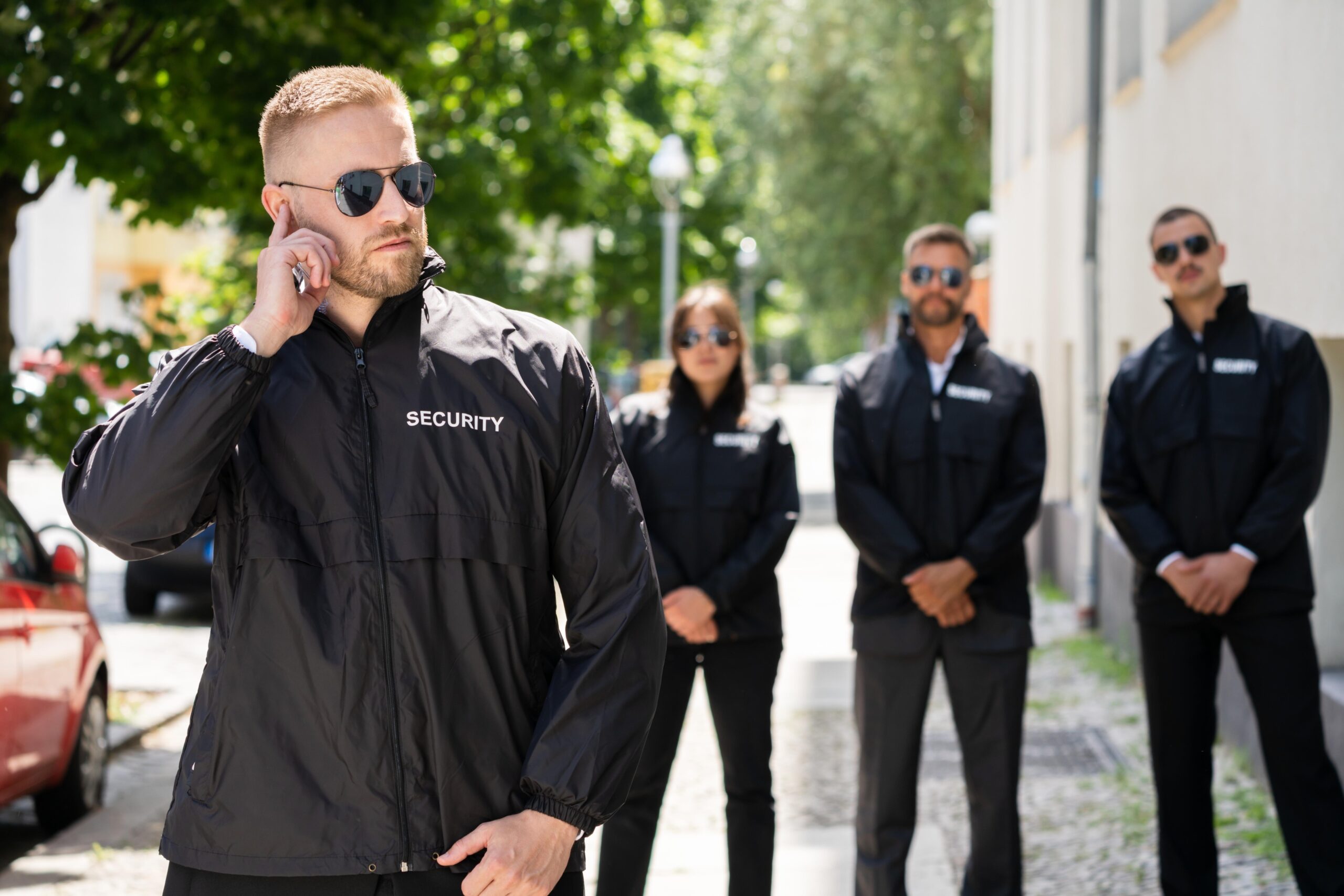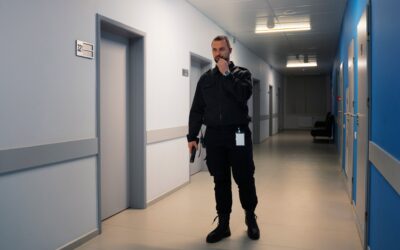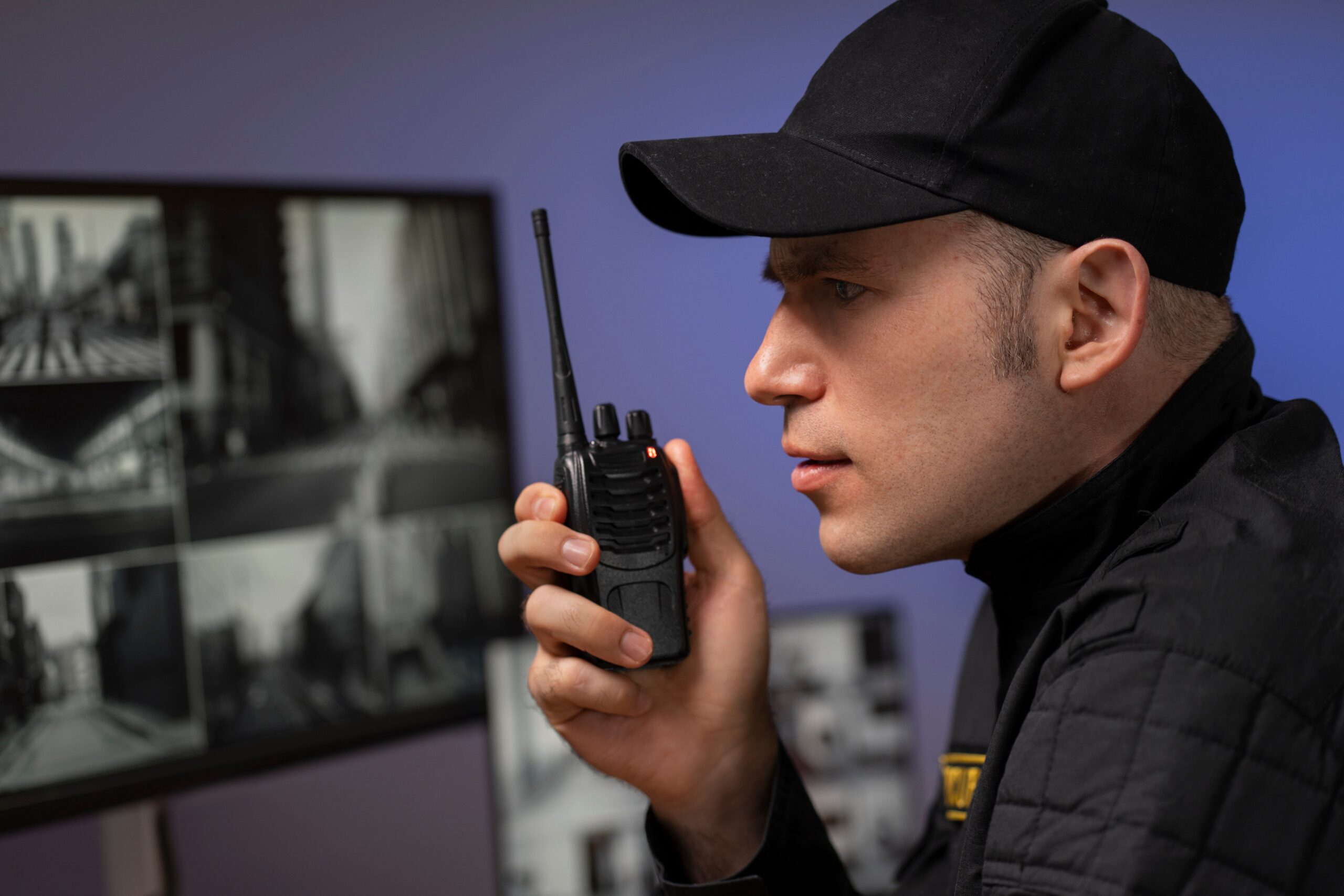In today’s world, security concerns are more prevalent than ever. Whether it’s a large public event, a busy commercial facility, or a residential area, the presence of trained security guards plays a vital role in preventing incidents before they unfold. But how exactly do security professionals identify potential threats early on? The answer lies in their training, observation skills, situational awareness, and quick judgment. This article dives deep into how trained security guards spot threats before they escalate—and why it matters.
The Power of Proactive Security
Effective security isn’t just about reacting to incidents—it’s about anticipating them. Trained security guards are taught to think proactively, scanning their environment for anything out of the ordinary. They’re trained to identify patterns, analyze behavior, and stay alert to subtle signs that may indicate a brewing issue.
Unlike untrained personnel or casual observers, professional guards are equipped with the knowledge and instincts to spot vulnerabilities before they turn into threats. This proactive mindset forms the foundation of modern security threat response strategies.
Situational Awareness and Behavioral Recognition
Situational awareness is a core component of every guard’s training. Guards are taught to observe body language, eye movement, tone of voice, and physical cues that may signal stress, nervousness, or aggressive intent. Some common red flags include:
- Loitering near entry points
- Unusual clothing for the environment
- Avoiding eye contact
- Repeated scanning of the area
- Unauthorized attempts to access restricted zones
These subtle cues, when noticed early, allow guards to intervene before a situation gets out of hand. During large events, it’s especially important to train event security guards in behavioral profiling so they can assess thousands of individuals quickly and effectively.
Real-Time Communication and Coordination
Security guards never operate alone. Effective threat detection depends heavily on communication and coordination between teams. Guards use two-way radios, surveillance systems, and emergency alerts to stay connected and share information instantly.
A suspicious person spotted on one end of a venue can be tracked and intercepted by another guard before they get close to high-risk areas. In busy areas like airports, shopping malls, or during concerts, this rapid security threat response mechanism becomes crucial.
Leveraging Technology for Early Detection
Modern security guards are trained to work with technology to enhance their observation capabilities. CCTV surveillance, facial recognition software, metal detectors, and access control systems are tools that allow them to spot unusual activity from a distance.
A reliable security company Mississauga might use integrated security systems that alert guards when someone enters a restricted zone or triggers a silent alarm. The synergy between human judgment and smart technology increases the chances of identifying and neutralizing threats swiftly.
Crisis De-Escalation Techniques
Not every threat needs forceful intervention. In fact, one of the most valued skills of a trained security professional is de-escalation. Guards are trained to use verbal communication, body language, and calm demeanor to defuse tense situations before they spiral out of control.
For example, if an individual becomes agitated during a live event, a trained guard will approach with empathy, establish control of the conversation, and offer a peaceful resolution. This skill is especially important when you train event security guards for high-stress environments like festivals or rallies.
Local Knowledge and Risk Assessment
A guard’s ability to spot threats is also enhanced by their understanding of local risks. A security company in Mississauga, for instance, will train its staff to recognize the specific challenges that apply to local events, neighborhoods, or businesses in the area. This might include knowledge of crime trends, vulnerable entry points, or common types of incidents in Mississauga’s urban or suburban zones.
Conducting pre-event assessments or daily site evaluations helps guards prepare for worst-case scenarios and improve readiness.
Continuous Training and Scenario Drills
Threat detection is not a one-time skill—it’s an ongoing process. Reputable security companies regularly conduct refresher courses, scenario-based training, and mock drills to keep their personnel sharp. These include:
- Terror threat simulations
- Crowd stampede drills
- Suspicious package identification
- Emergency evacuation planning
By practicing under controlled environments, guards build confidence and reflexes that serve them in real-world situations.
Conclusion
The ability of trained security guards to spot threats before they escalate is the result of expert training, technology integration, and a vigilant mindset. From reading body language to coordinating rapid responses, their proactive efforts form the first line of defense in today’s unpredictable world.
If you’re hosting a large event, managing a commercial space, or seeking peace of mind in your neighborhood, partnering with a trusted security company Mississauga that invests in professional guard training and security threat response systems is a smart move.




